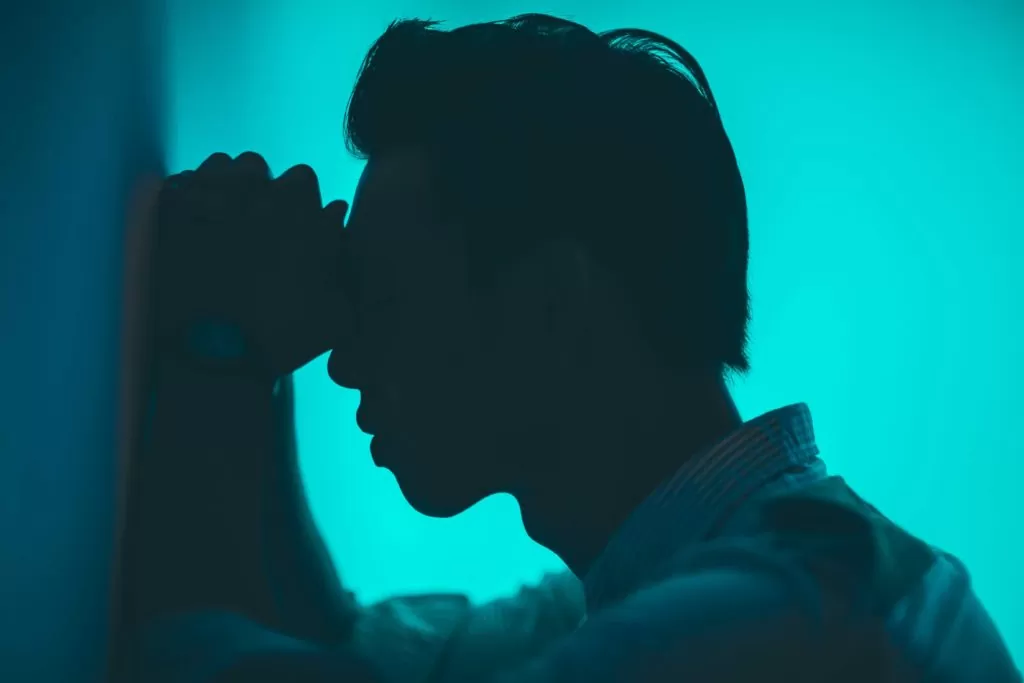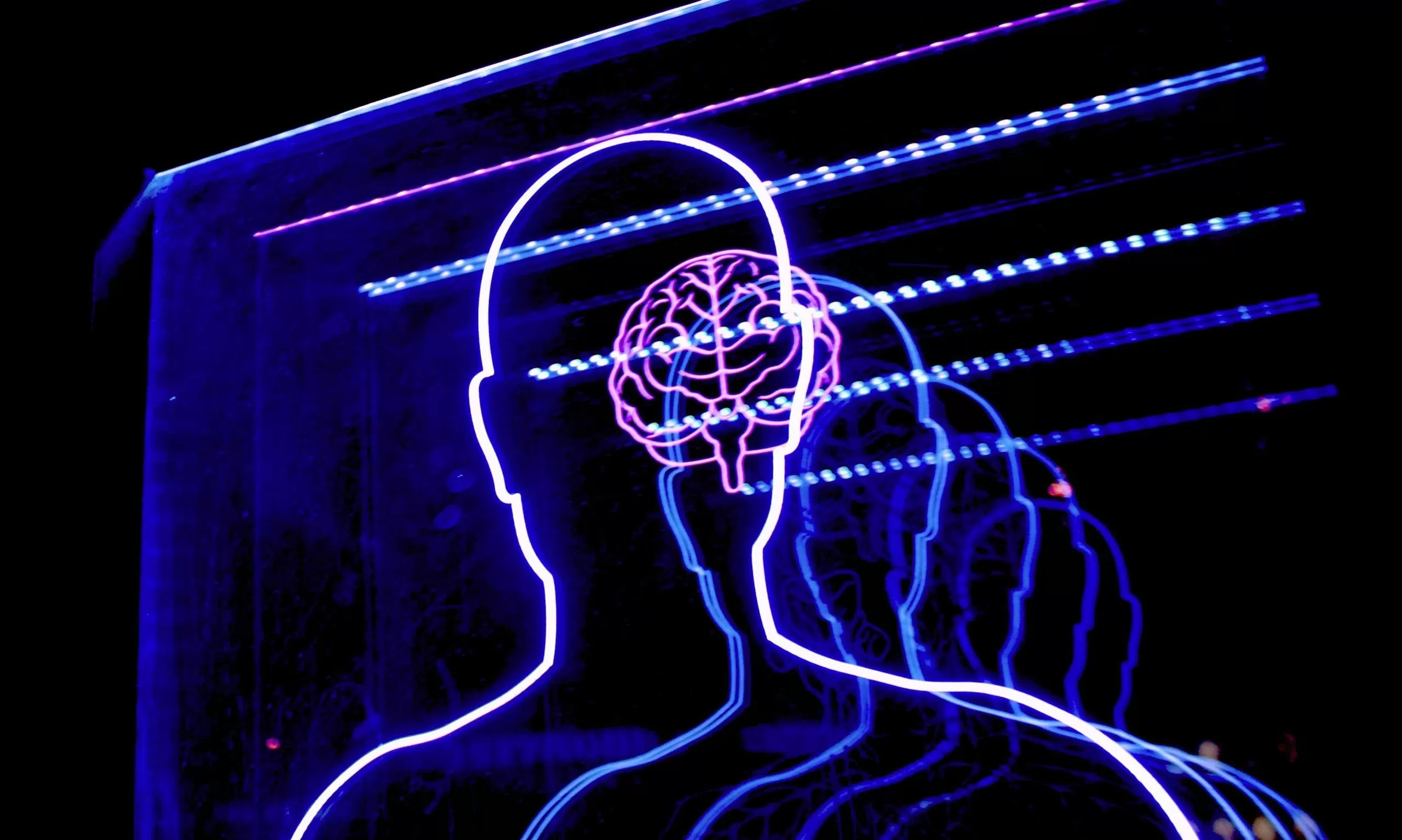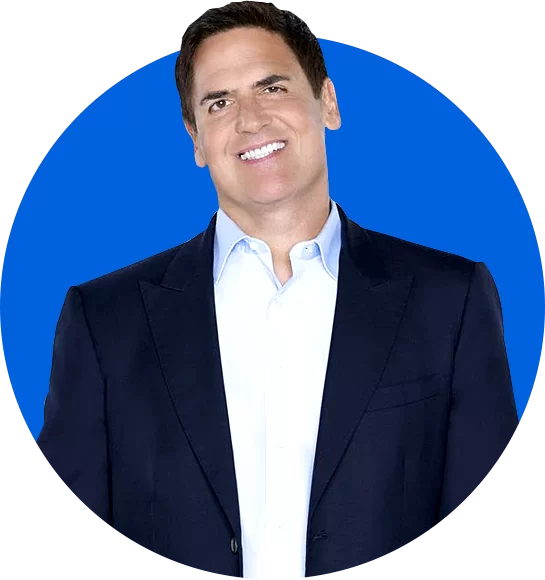Living with Dizziness


Benefits of Grounding on Vertigo and Dizziness
READ MORE
Exercising with Vertigo
READ MORE
Natural Remedies for Dizziness, Vertigo, and General Balance
READ MORE
How Long Vertigo Lasts for Each Vestibular Disorder
READ MORE
Does vertigo go away gradually?
READ MORE
Is Vertigo Dangerous?
READ MORE
The Diagnosis Conundrum: Why Dizzy Patients Struggle to Get Answers
One of the biggest challenges we face in the vestibular community is overcoming the apprehension that dizzy patients develop over time when they aren't given a solid answer to why they're dizzy. It's not uncommon for dizzy patients to bounce around between 5 or 6 general physicians, audiologists, ENTs, neurologists, chiropractors, and physical therapists in search of answers - never actually receiving the right diagnosis. This drawn-out process can be severely discouraging to dizzy patients. It causes many to lose hope in their chances of getting better. And in the worst-case scenario, they lose hope in the healthcare system to solve their dizziness problem. The simple answer to the dizziness diagnosis shortage is that there aren't enough vestibular specialists out there. Naturally, though, it's a little more complex than that.
READ MORE

Types of Dizziness Symptoms
Not all types of dizziness are created equal. You might be thinking, "Well, what in the world is that supposed to mean? I know what dizziness is and that's that."
READ MORE

Vertigo Triggers and How To Deal With Them
Some dizzy patients know exactly what causes their dizziness. They develop avoidance behaviors and learn to steer clear of their vertigo triggers. For others, it's completely spontaneous with no rhyme or reason. More often than not, though, there is a pattern to vertigo triggers. And knowing what triggers your dizziness is a crucial component in diagnosing and treating your dizziness.
READ MORE
See how we can help you!
You deserve the time and resources to tell your story; we understand how scary vertigo and dizziness related symptoms can be. Let us provide you an optimal diagnosis and treatment plan to get you better.
Book Appointment